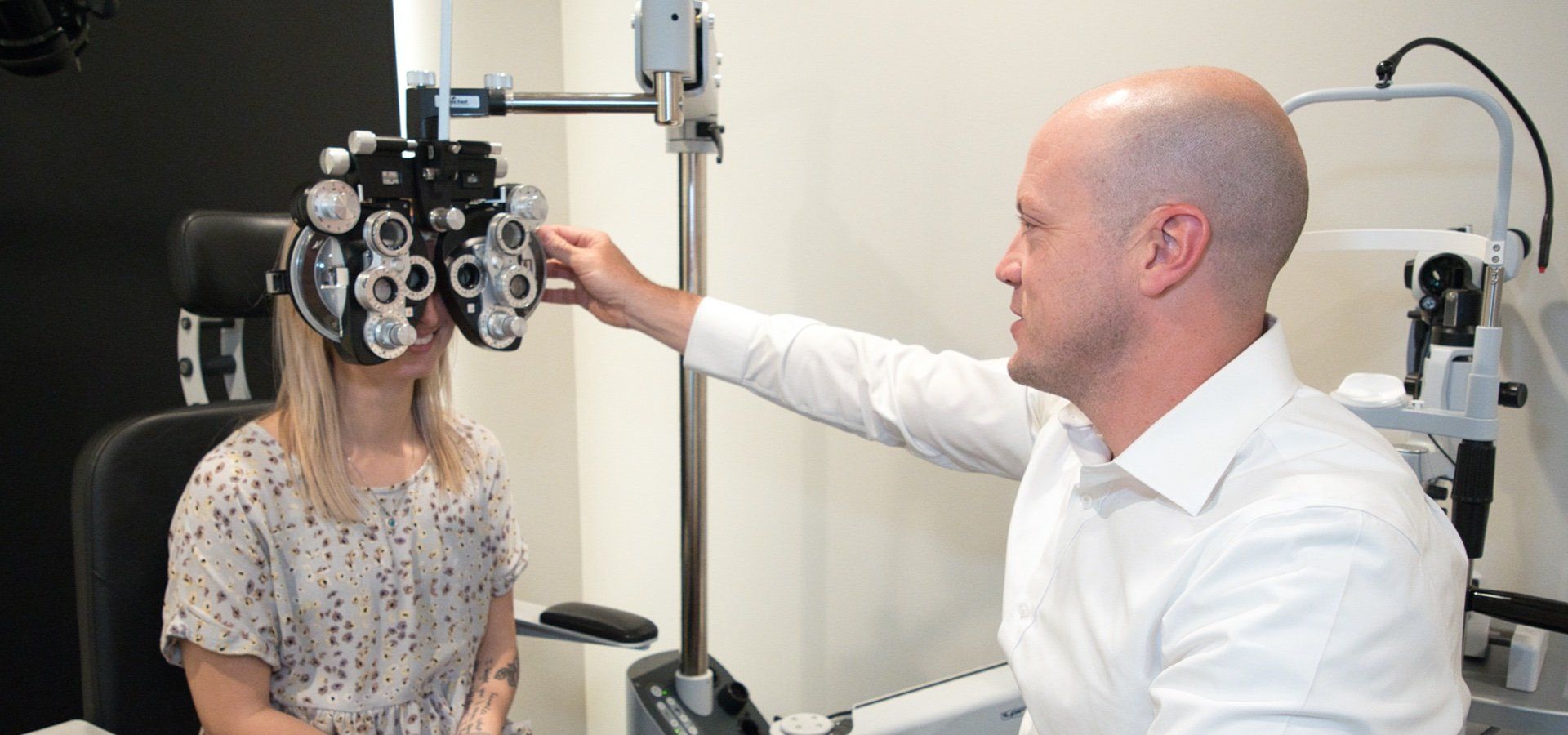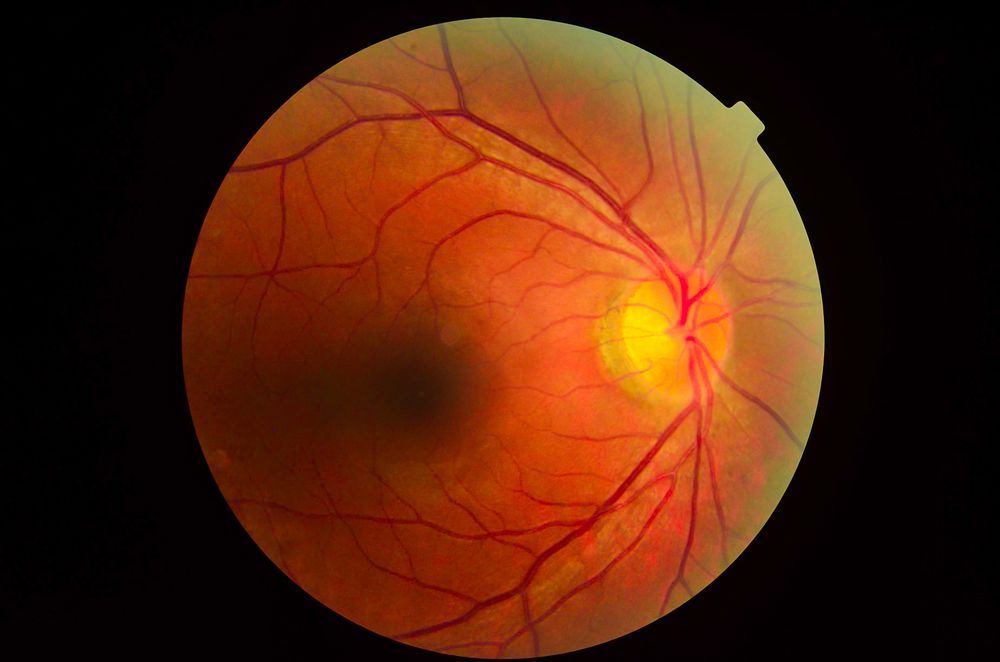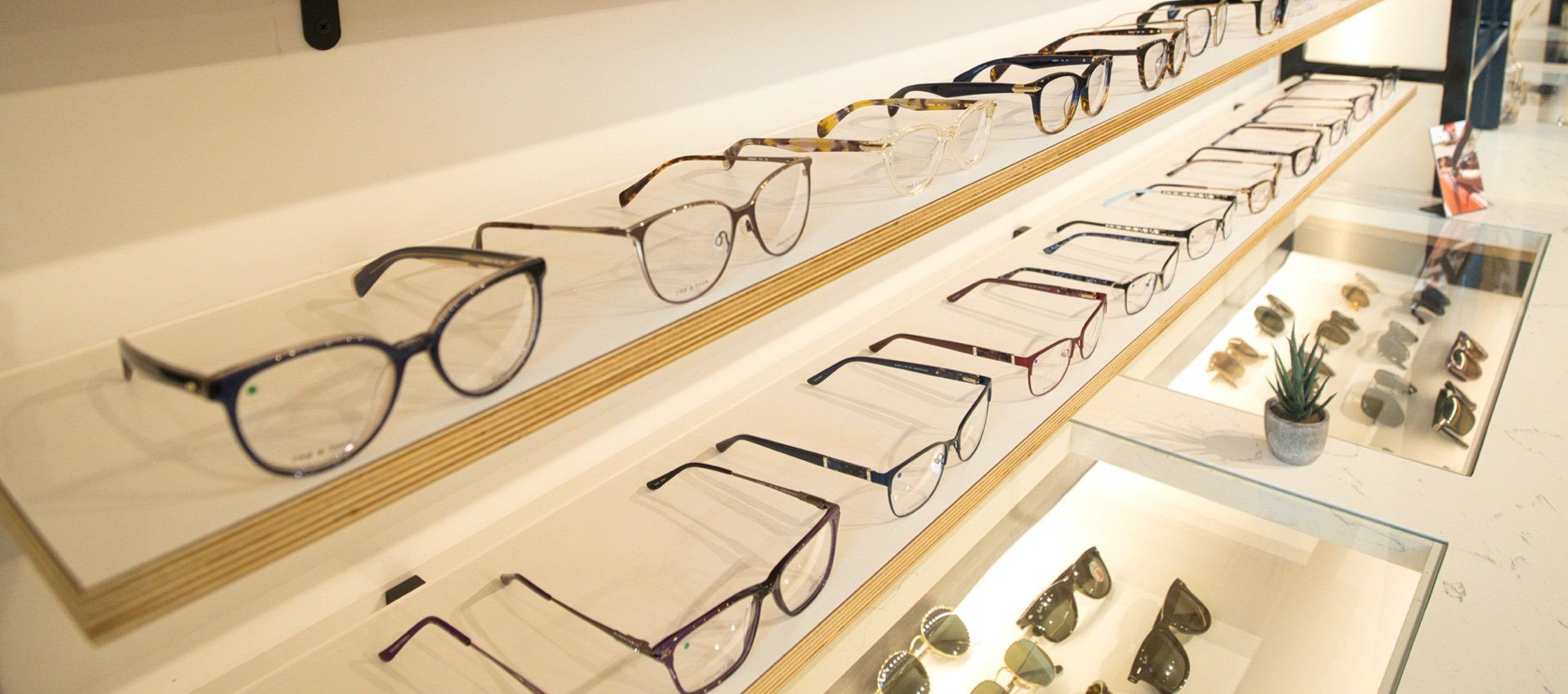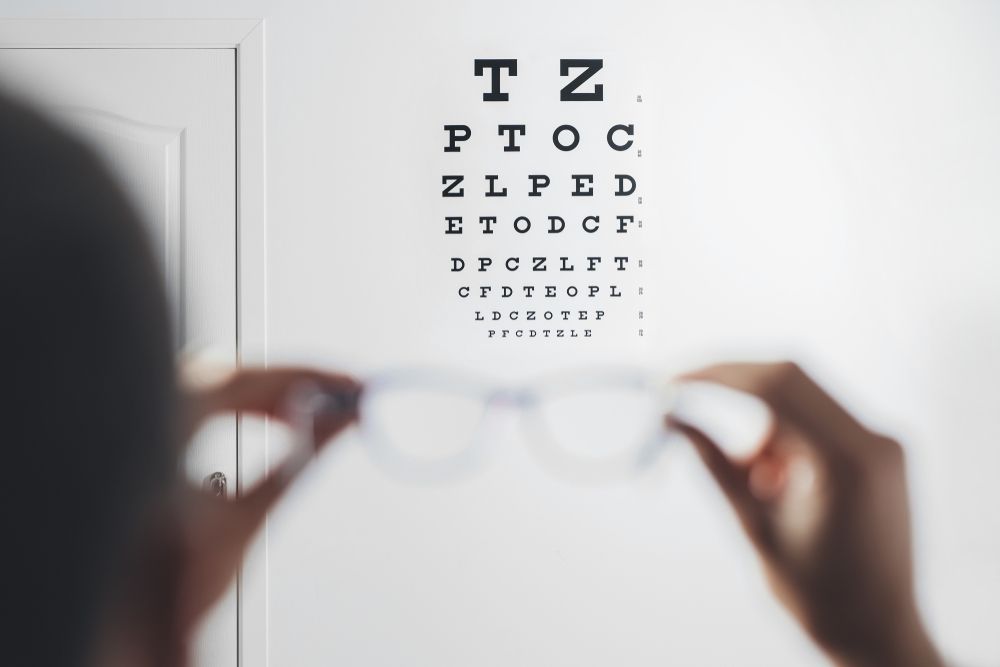It’s that time of the year where fireworks are a part of many celebrations, and it's essential to remember that they can pose risks to our eye health. Nothing seems more magical than bursts of color in the night sky. While fireworks are beautiful and breathtaking, they can also be dangerous.
According to Prevent Blindness, fireworks devices were involved in an estimated 10,200 injuries treated in U.S. hospital emergency rooms in 2022 and most of these injuries were in the weeks around the Fourth of July holiday.
In addition, Prevent Blindness reports,
- An estimated 7,400 fireworks related injuries (or 73% of the total estimated fireworks related injuries) were treated in U.S. hospital emergency departments surrounding the 4th of July period.
- Males accounted for 65% of fireworks injuries.
- 28% of fireworks injuries were to children under age 15.
- 38% of the emergency department-treated injuries were burns. Burns were the most common injury to hands and fingers.
- The parts of the body most often injured were hands and fingers (29%); head, face, and ears (19%); legs (19%); eyes (16%); trunk/other region (12%); and arms (5%)
The most common injuries to the eyes were burns and contusions.
Understanding the Risks to Your Eyes
Fireworks can cause various eye injuries, ranging from minor irritations to severe trauma that can lead to permanent vision loss. Common eye injuries from fireworks include:
- Burns: Sparks and explosions can cause thermal burns to the eyes and surrounding tissue.
- Corneal Abrasions: Small particles from fireworks can scratch the cornea, leading to pain and potential vision problems.
- Blunt Force Trauma: The force from an exploding firework can cause serious injuries, such as a ruptured globe or retinal detachment.
- Chemical Burns: Fireworks contain chemicals that can cause severe irritation or chemical burns if they come into contact with the eyes.
Tips for Preventing Eye Injuries During Fireworks Season
Here are some crucial tips and information to help you safeguard your eyes while enjoying fireworks:
1. Maintain a Safe Distance
Ensure you are standing at least 500 feet away from where fireworks are being launched. This distance significantly reduces the risk of eye injuries from flying debris or sparks. It’s noteworthy that 65% of fireworks injuries happen to bystanders, so always light fireworks when family and friends are at a safe distance.
2. Discuss Fireworks Safety with Children
Children should never handle fireworks. Make sure to discuss the dangers with them and never leave them unsupervised around fireworks. Their curiosity can lead to dangerous situations, so supervision is critical.
3. Wear Protective Eyewear
When lighting and handling fireworks, always wear protective eyewear. Regular prescription glasses or sunglasses do not offer sufficient protection. Look for eyewear specifically designed to provide impact protection for the eyes.
4. Avoid Sparklers
Despite their innocent appearance, sparklers are the leading cause of fireworks-related injuries. Sparklers burn at extremely high temperatures. The sparks they emit can easily cause burns and ignite clothing. More concerning is that these sparks can enter the eyes, causing painful and potentially blinding injuries. Children are particularly at risk because they may not fully understand the dangers and might wave sparklers close to their faces or those of others.
5. Attend Public Fireworks Displays
Consider attending public fireworks displays organized by professionals. These events adhere to strict safety regulations, and you can enjoy the spectacular show from a safe distance without the risks associated with handling fireworks yourself.

What to Do in an Eye Emergency
If you do find yourself in an eye emergency, remember these important tips:
Do not rub or apply pressure to the eye. This can cause further damage.
Do not try to remove an object from your eye. Attempting to do so can exacerbate the injury.
Do not use any ointments or medications without medical guidance. Improper treatment can worsen the condition.
Seek immediate care from your optometrist or go to the emergency room. Quick medical attention is vital to prevent long-term damage.
Our eyes are incredibly delicate, and even a small firework fragment or spark can cause significant harm. By following these safety tips and being aware of the potential risks, you can enjoy fireworks displays while ensuring that your eyes remain safe and protected. Remember, a few simple precautions can make the difference between a joyful celebration and a trip to the emergency room.
If you have any questions about eye safety or need advice on protective eyewear, please call or text our team at Blake Bush Family Eye Care. Wishing you a safe and happy celebration season!











